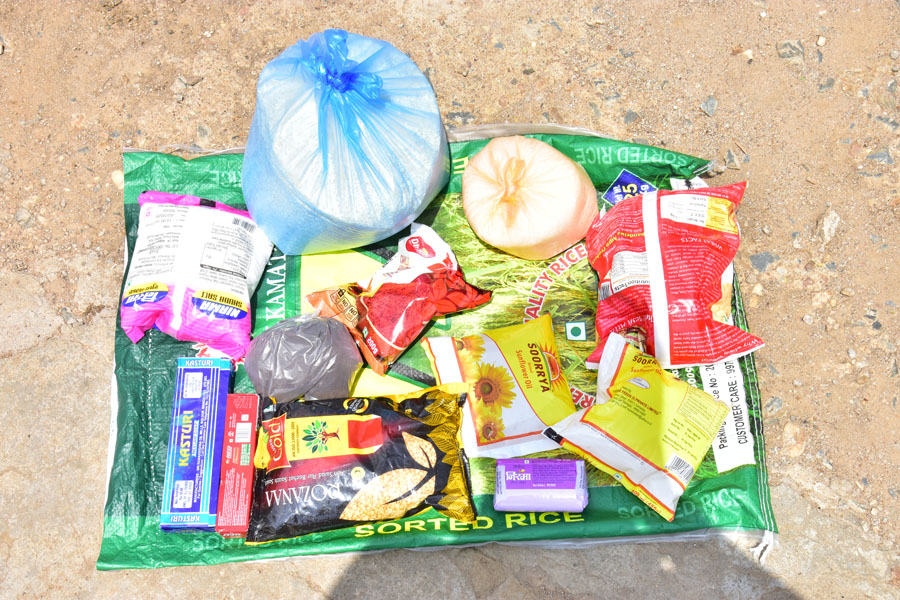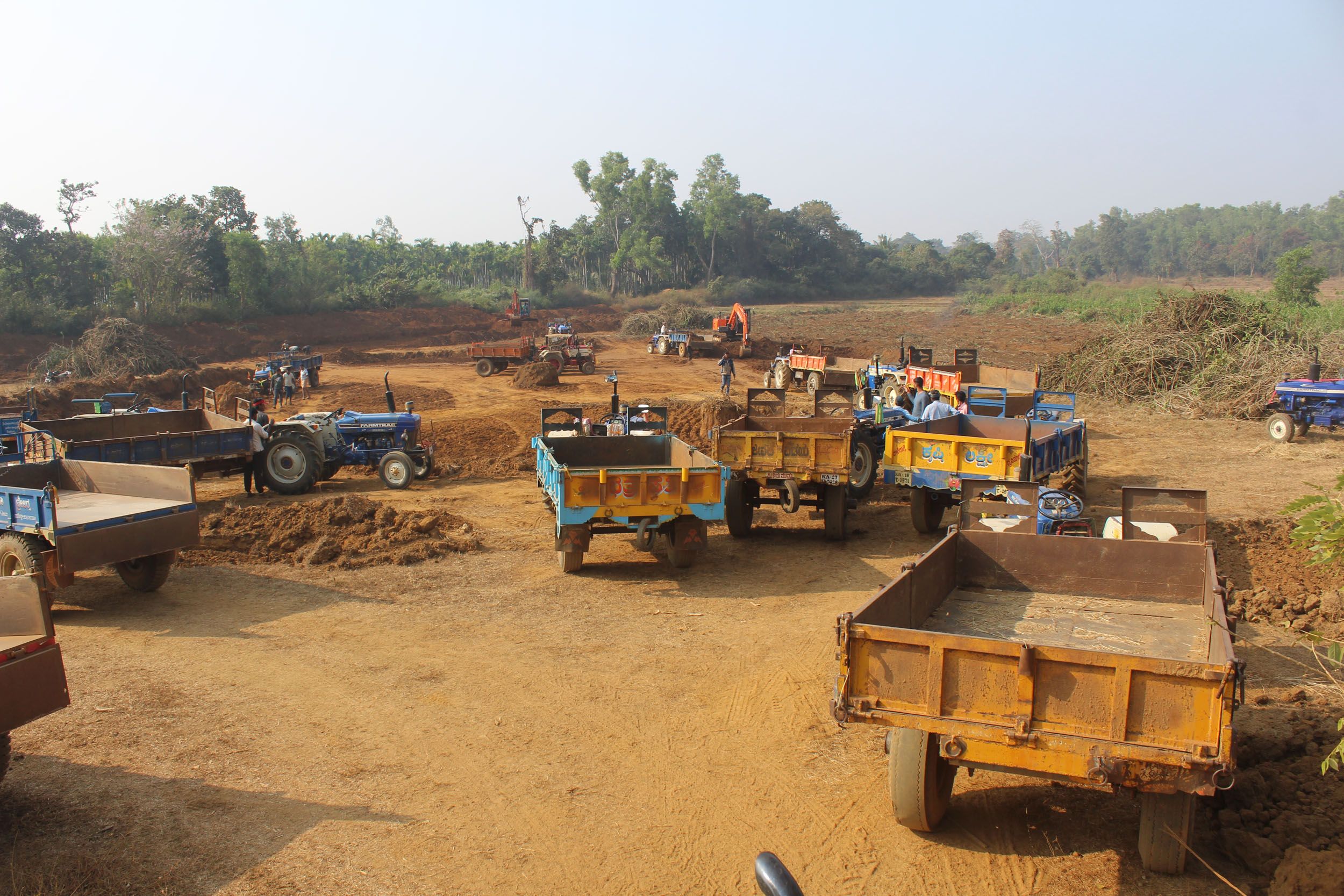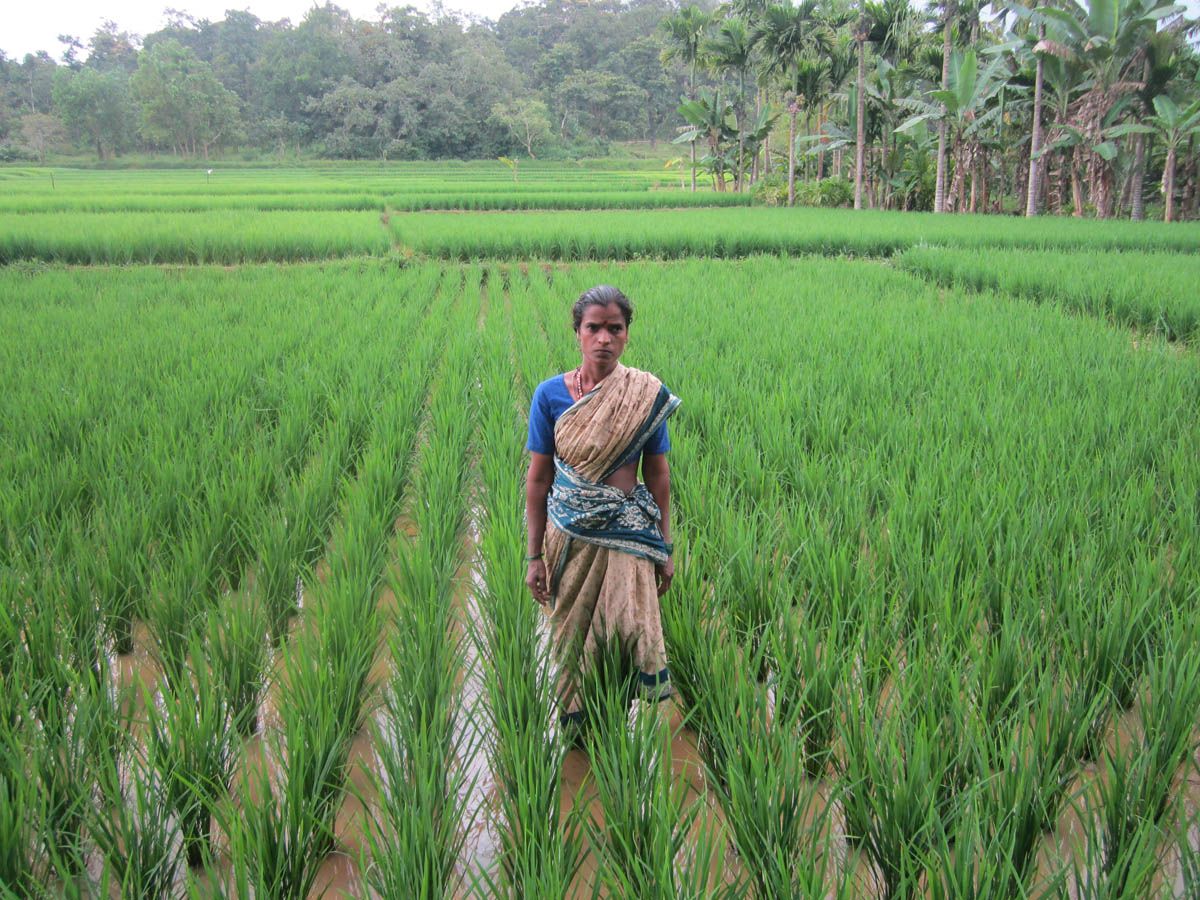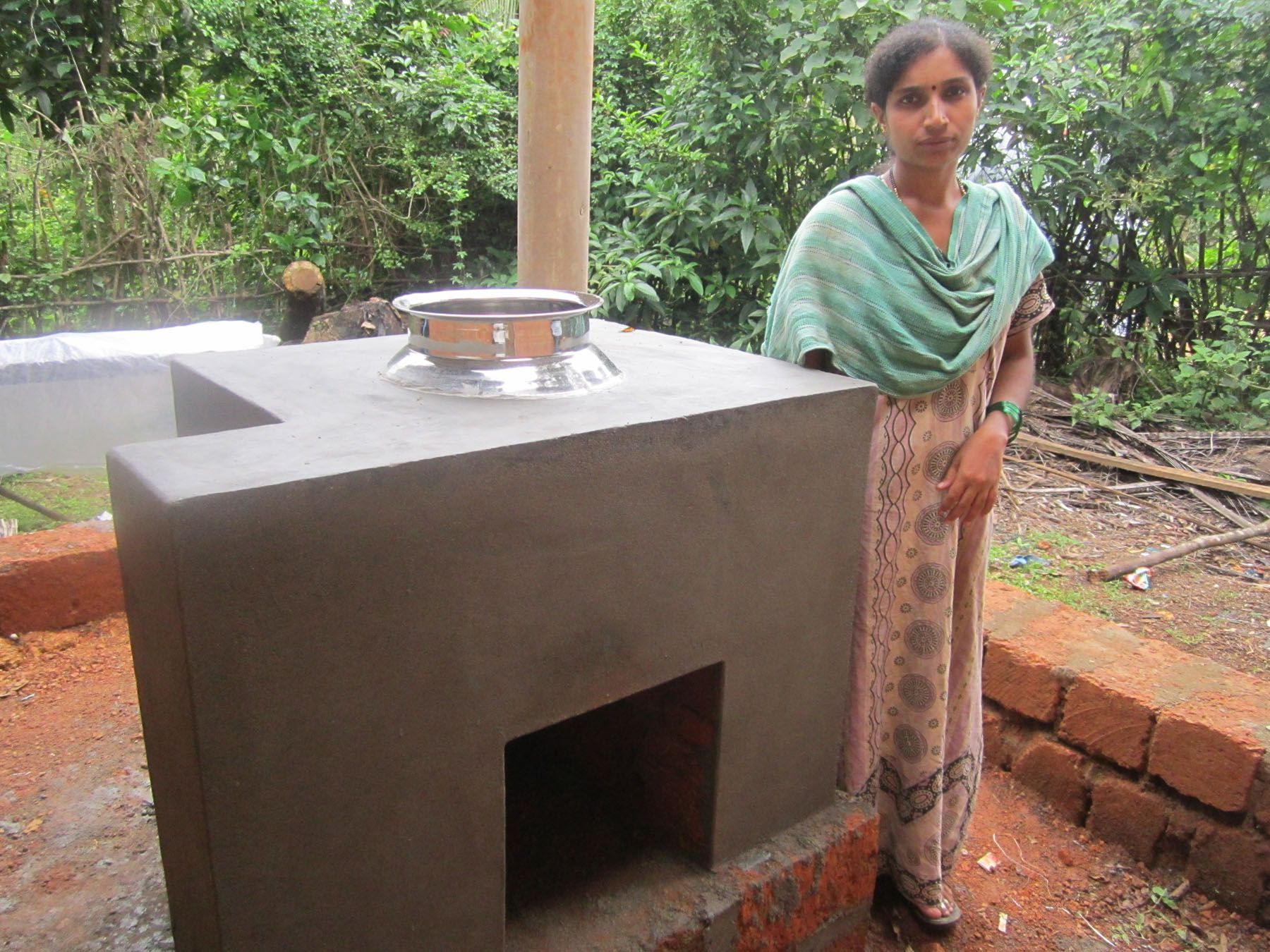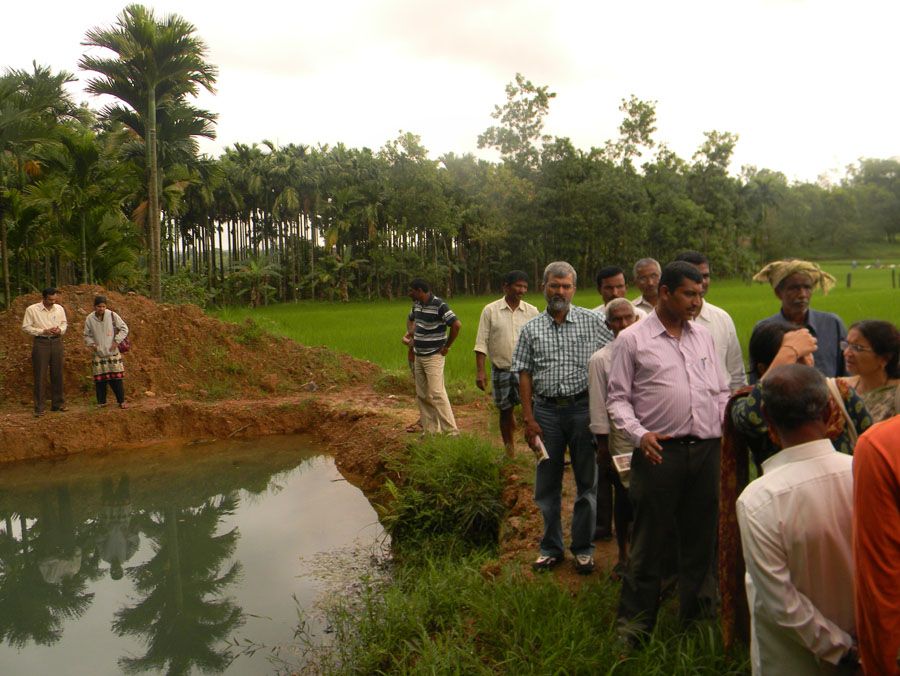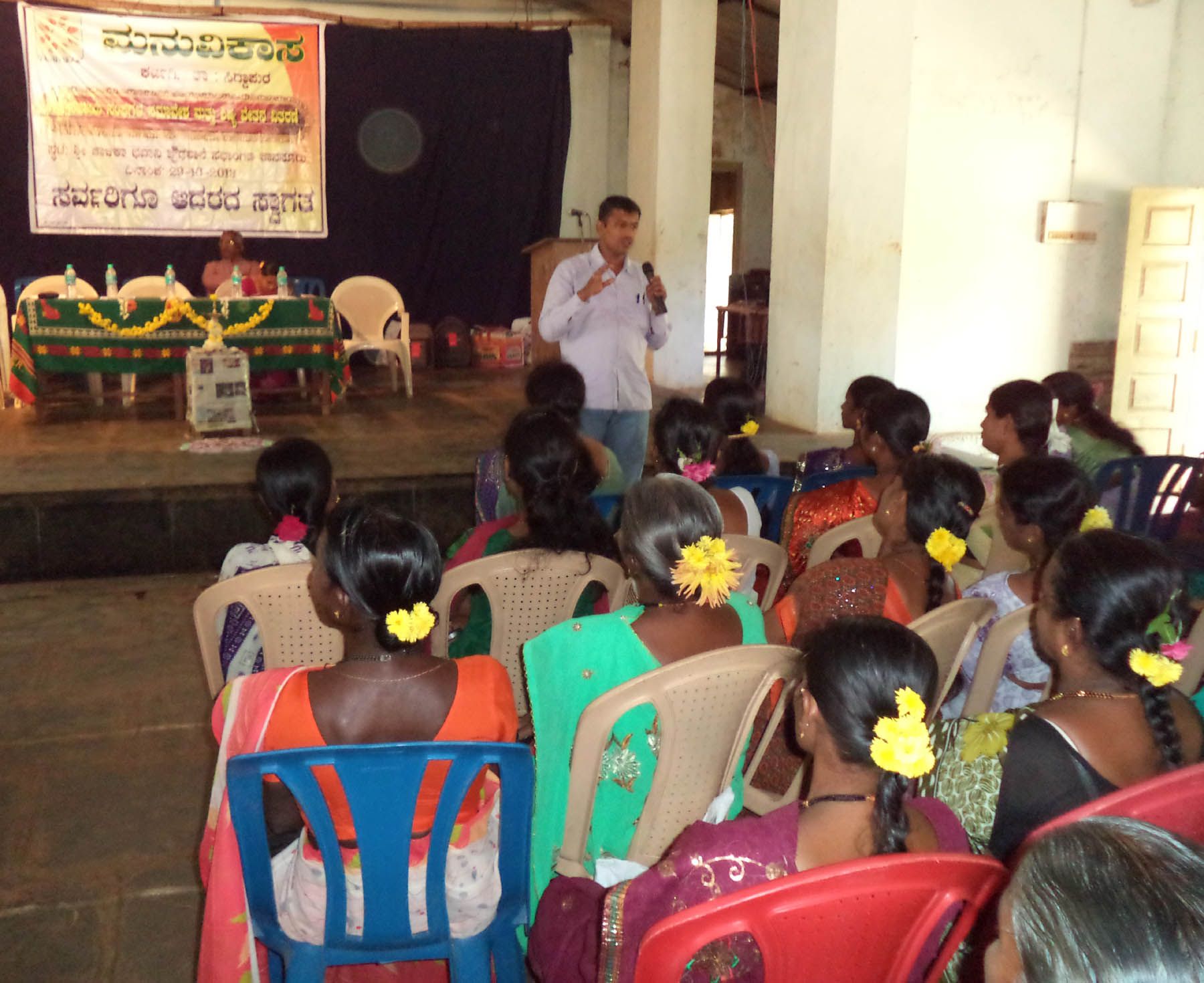WHERE WE WORK
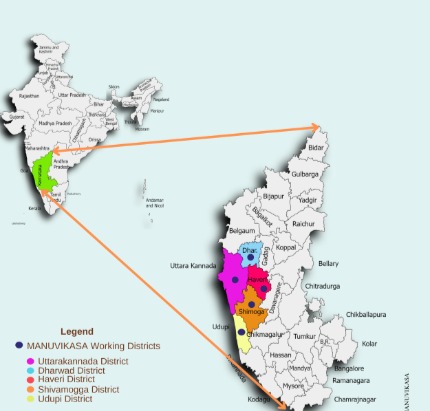
OUR PROGRAMS
-
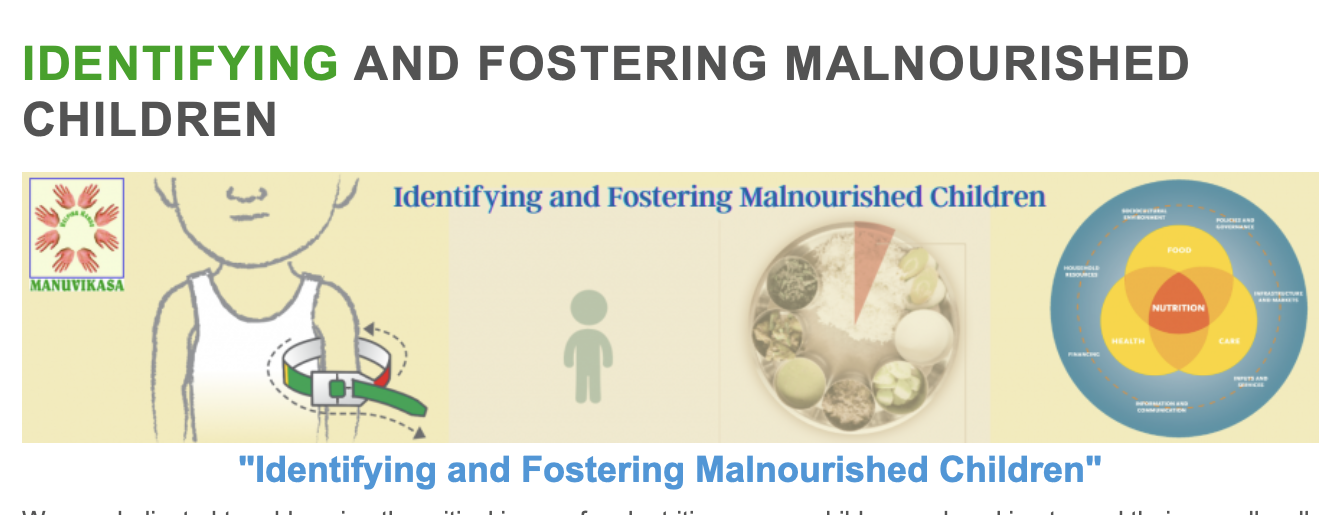 IDENTIFYING AND FOSTERING MALNOURISHED CHILDREN
IDENTIFYING AND FOSTERING MALNOURISHED CHILDREN -
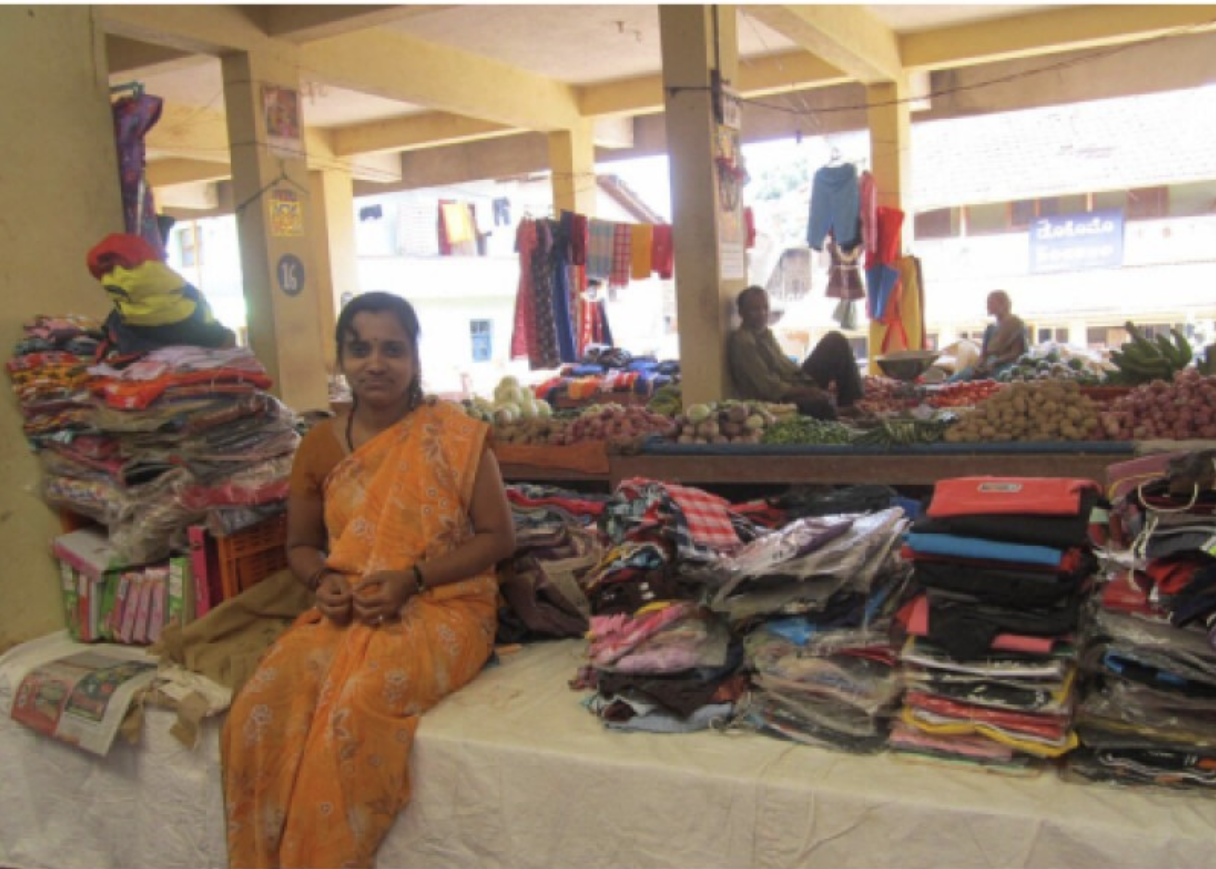 SELF-HELP GROUP OF WOMEN
SELF-HELP GROUP OF WOMEN -
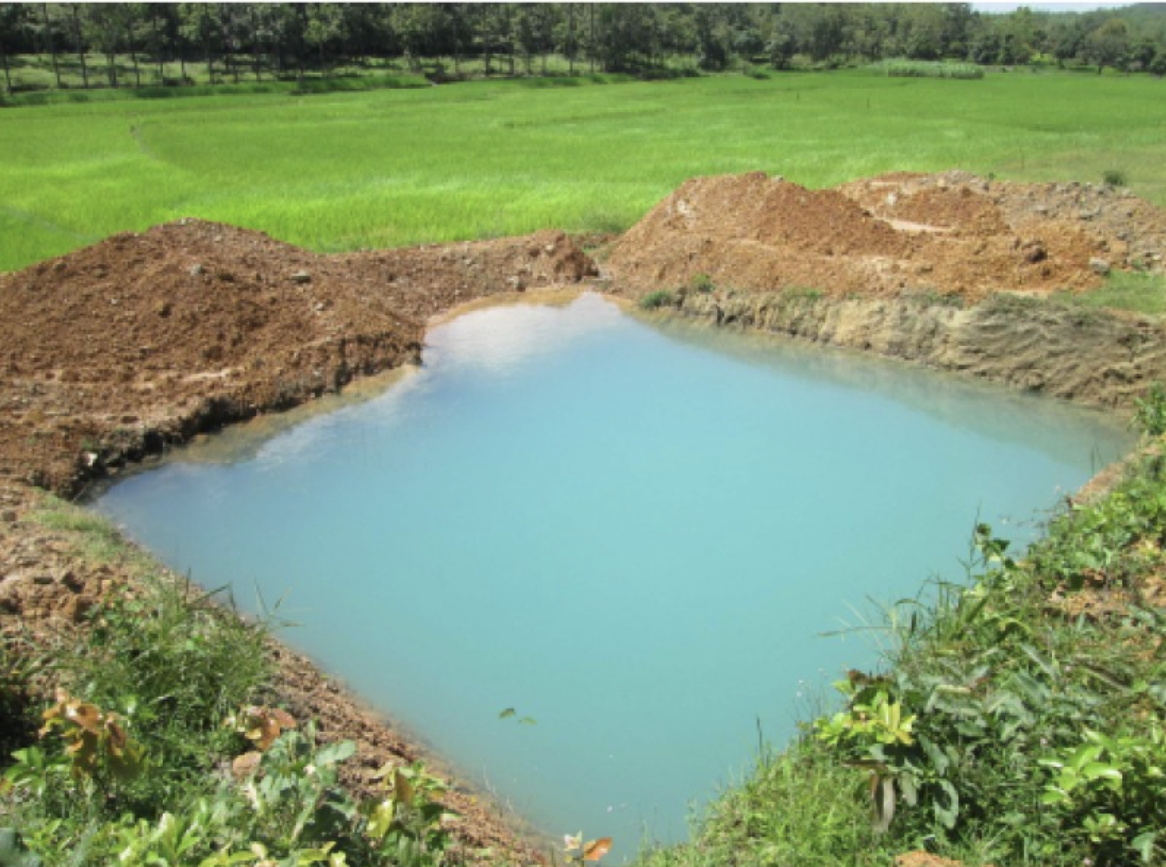 TANK DEVELOPMENT FOR MORE WATER HARVESTING
TANK DEVELOPMENT FOR MORE WATER HARVESTING -
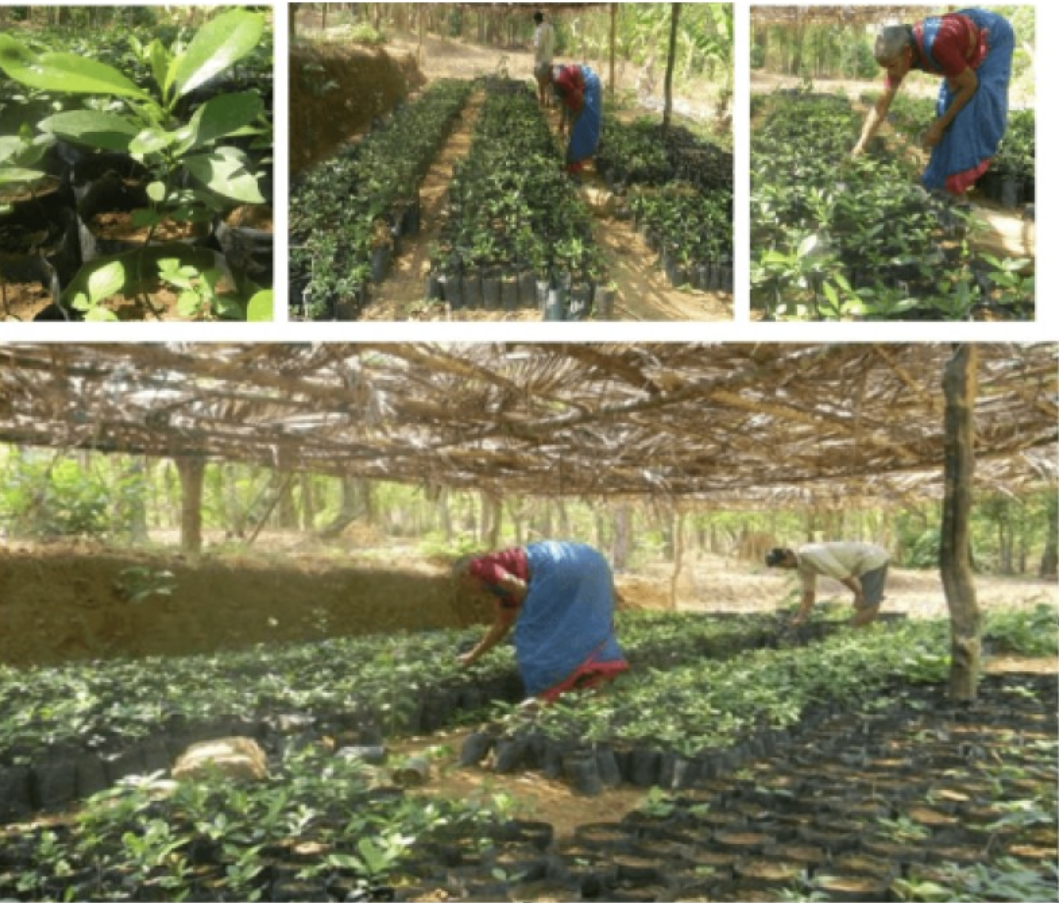 TREE PLANTATION AND CONSERVATION
TREE PLANTATION AND CONSERVATION -
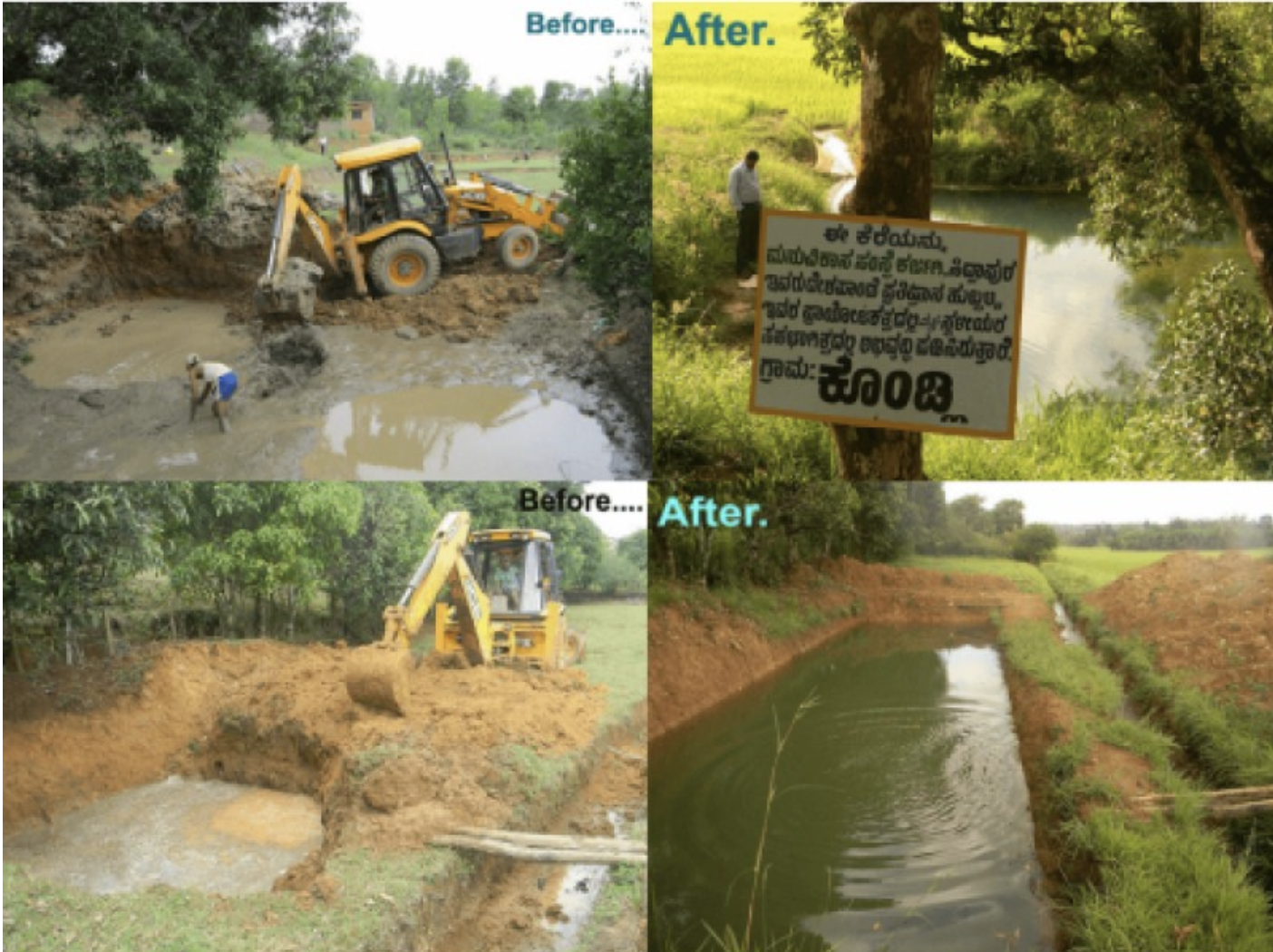 WATER RESOURCE CONSERVATION AND IMPROVED INCOME
WATER RESOURCE CONSERVATION AND IMPROVED INCOME -
COVID-19 response activities
-
Development of large lakes
-
System of Rice Intensification
-
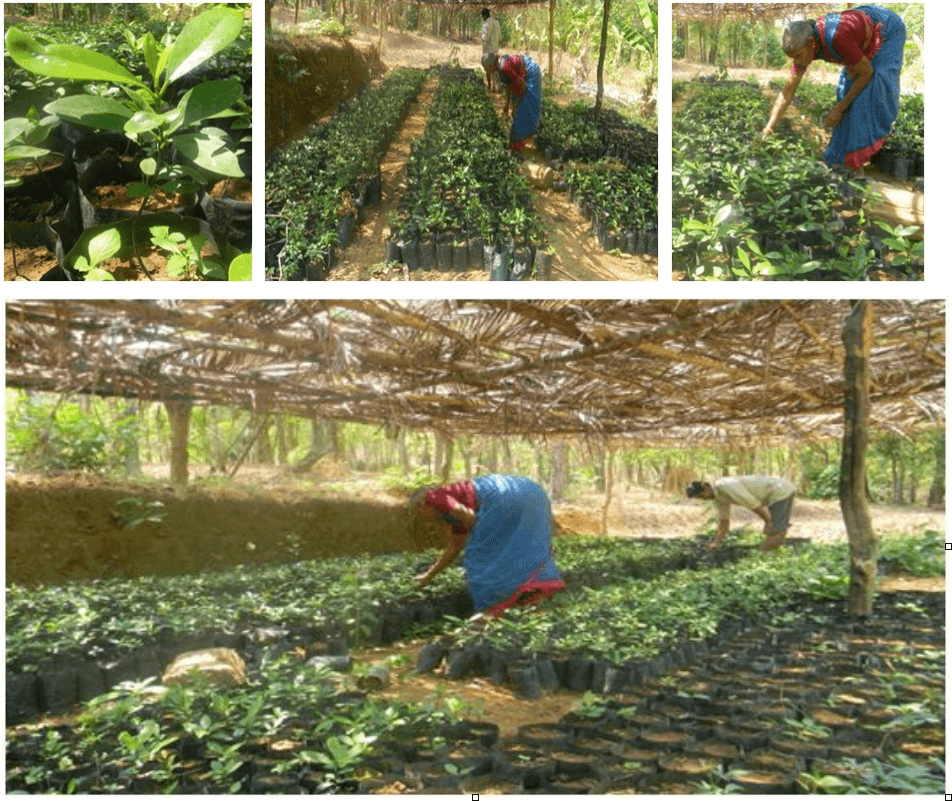 Tree plantation and conservation
Tree plantation and conservation -
Fuel-efficient Biomass Burning Stoves
-
Environment Conservation
-
Livelihood Development
-
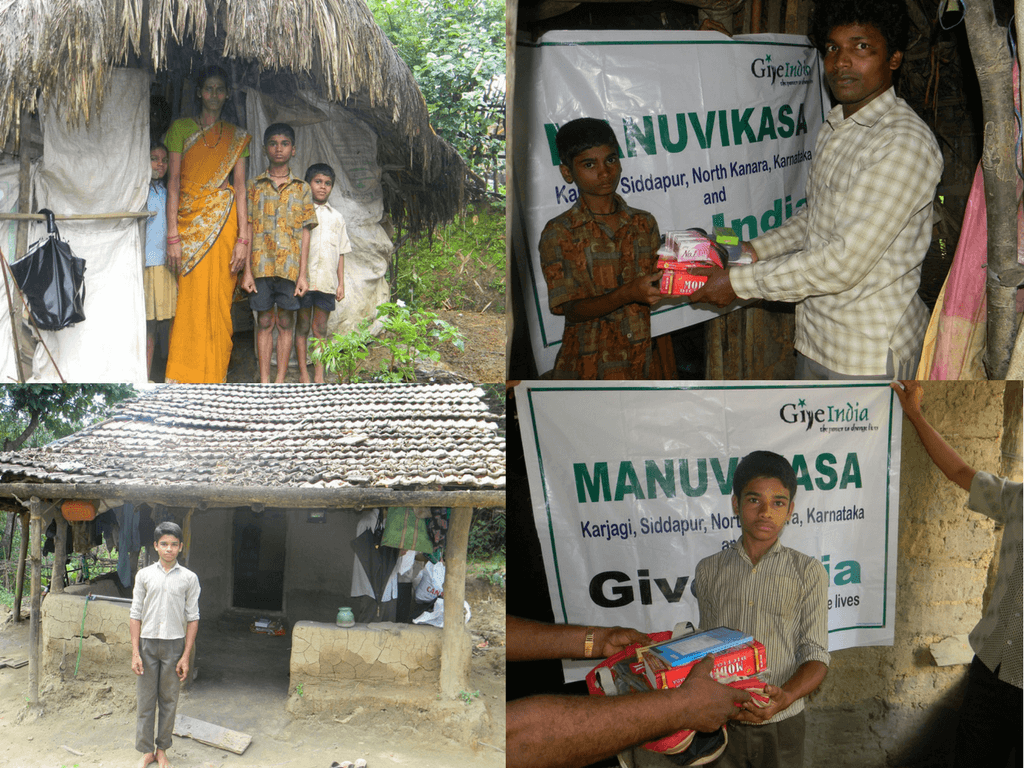 Education Support to The Poor and Orphan Children
Education Support to The Poor and Orphan Children -
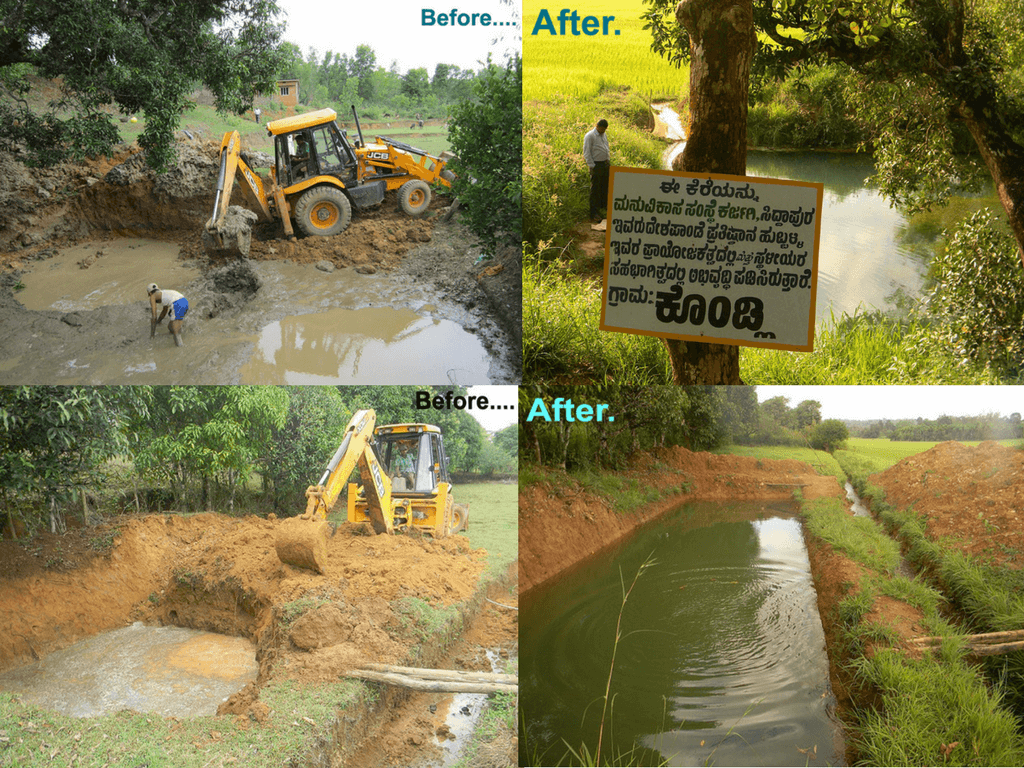 Water Resource Conservation & Improved Income
Water Resource Conservation & Improved Income
SIDDI TRIBAL COMMUNITY AND FISHERY DEVELOPMENT AND ENTREPRENEURIAL SUPPORT
Community Parivartan (Positive Change) Through HDFC Parivartan Support
MANUVIKASA has partnered with HDFC Bank Parivartan for improving the livelihood of 1000 Sidi Community in Yellapur Block of Uttara Kannada District and 1000 fisherwomen households in Kundapur Block of Udupi District.
We have started the 03 years project with HDFC Bank Parivartan in January 2022. We aim to improve the livelihood of 1000 Siddi households and 1000 fisherwomen households through the promotion of a Producer Company, develop honey clusters and capacity building for Siddi tribes on minor forest products processing and marketing in their own brand. Bring all 2000 families under financial inclusion. Develop cage fishing and processing and value addition of fish through fisherwomen collectives. Providing training on hospitality to the Siddi and Fisher youths. Support entrepreneurship activities to both the community. In the last three months following are the activities carried out.
280 Boxes were distributed to 70 families in the Yellapur block.
04 Boxes distributed to each family
Total 09 women got business assistance for their enterprises
Distributed 1500 chicks to 150 households and handholding support has been continued to develop backyard poultry in Siddi tribal area.
Provided hospitality crash course training to 30 Siddi Youths and provided placement in three-star and five-star hotels.
Supplied 05 community freezing units to female fishermen involved in the marketing of fish for fish storage.
Provided horticulture farming support including irrigation pump sets, drip irrigation items and saplings to 14 families.
1. Siddi Tribes:
Hamilton (1990) argues that Siddis in South India are a significant social group whose histories, experiences, cultures, and expressions are integral to the African Diaspora and thus, help better understand the dynamics of dispersed peoples. More recently focused scholars argue that although Siddis are numerically a minority, their historic presence in India for over five hundred years, as well as their self-perception, and how the broader Indian society relates to them, makes them a distinct Bantu/Indian. Historically, Siddis have not existed only within binary relations to the nation state and imperial forces. They did not simply succumb to the ideologies and structures of imperial forces, nor did they simply rebel against imperial rule. The Siddi are recognized as a scheduled tribe in 4 states and 1 union territory: Goa, Gujarat, Maharashtra, Karnataka and Daman and Diu.
The Siddis of Karnataka (also spelled Siddhis) are an ethnic group of mainly Bantu descent that has made Karnataka their home for the last 400 years. There is a 50,000-strong Siddhi population across India, of which more than a third lives in Karnataka. In Karnataka, they are concentrated around Yellapur, Haliyal, Ankola, Joida, Mundgod and Sirsi taluks of Uttara Kannada and in Khanapur of Belgaum and Kalaghatagi of Dharwad district. Many members of the Siddis community of Karnataka had migrated to Pakistan after independence and have settled in Karachi, Sindh. It has been reported that these Siddis believe that Barack Obama shares their gene pool. They wished to gift him and honor him on his visit to India in 2010. The Siddi population is currently estimated at around 850,000 individuals, with Karnataka, Gujarat and Telangana in India. Siddis are primarily Hindus, although some are Muslims and others belong to the Catholic Church.
With the support of HDFC Bank PARIVARTAN, MANUVIKASA has took up the project to improve the income of Siddi tribal community of Yellapur in Uttara Kannada district and Fisher Community of Kundapur block in Udupi district by promoting them Former producer organization and providing value addition support to their produces. We have a plan to cover 1000 each Siddi community members and Fisher community members in both the blocks. We have planned some of the key activities to strengthen the community to uplift their financial conditions.
MANUVIKASA is promoting Self Help Groups among the Siddi women and provided the necessaries to handle and the SHGs and also providing 02 levels of Training to women, firstly, One day training on Conceptualization of Self-Help Group and Former Producer Company and Secondly, two days training on SHG Book Keeping and Records Keeping .
The Siddis are experts and trained in collection of Honey from the forest and apiculture. The Honey collected by Siddis is Very pure and unadulterated, but they didn’t have any proper market facility to sell and value addition of the same. We MANUVIKASA have identified this and thought to make Yellapur as a cluster of Honey among the Siddi community. In this regard, MANUVIKASA has identified the beneficiaries and provided Honey Bee boxes to Siddi families. We have provided 02 Honey Bee boxes with bee colonies and 02 empty boxes to each family. Totally 70 families of Siddi received the boxes and started apiculture. More than 35 families had already extracted and Honey from these boxes and earned an additional income to their family. With the Support of HDFC Bank PARIVARTAN We are providing Packing solutions, machinery support for filtration of the raw honey and branding and market linkage to the farmers. This will help them in investing their time in Apiculture.
2. Fisher Community
